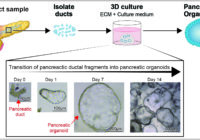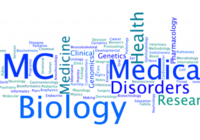How can we sustain family carers’ capacity to care? What carers need and how technology can help provide it

Much of the work of caring for the growing population of older adults is done by family members who often find themselves in the proverbial “club sandwich” generation, struggling to juggle the competing demands of employment, raising a family, and providing unpaid care. Caregiving is often stressful and burdensome, in part due to the lack of support for family carers. In this blog post, the authors of a new qualitative study in BMC Geriatrics discuss what they learned about carers’ goals and how technology could help them.








